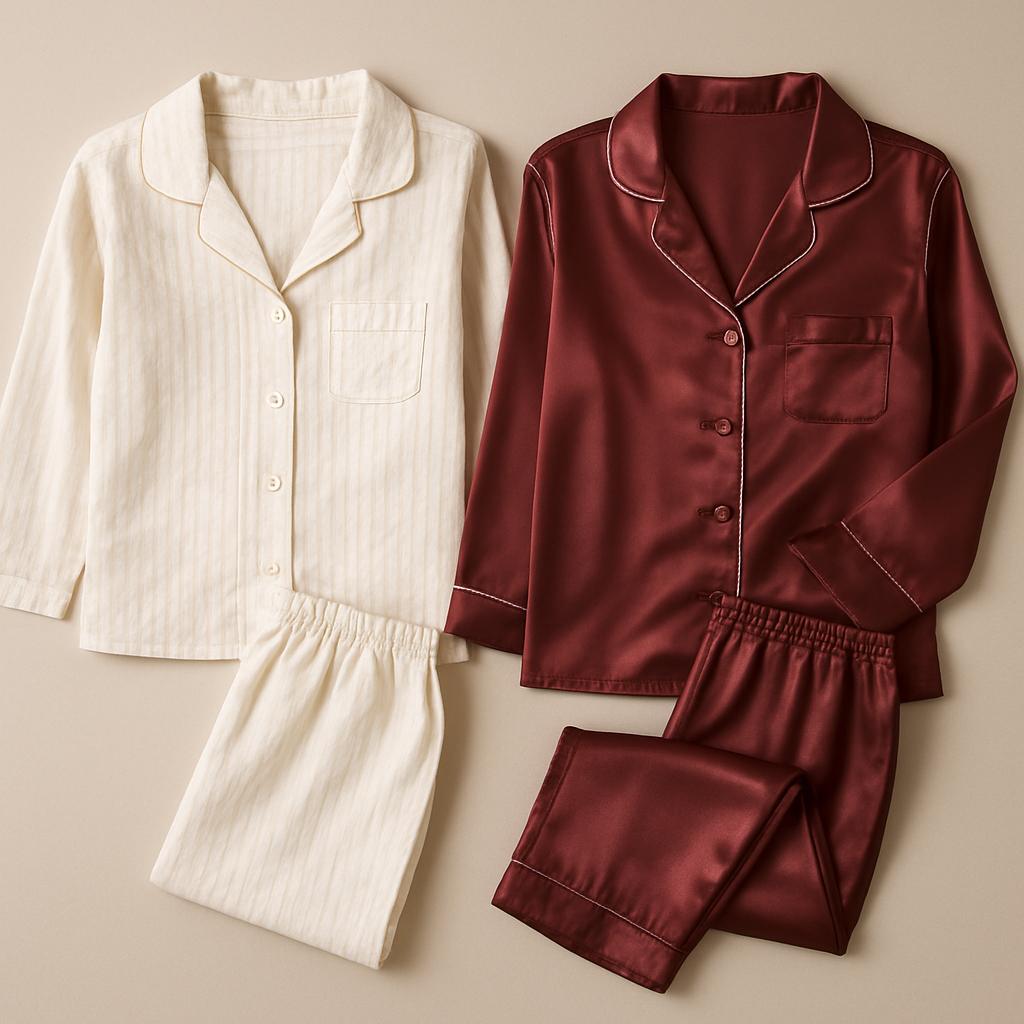
Waking up drenched in sweat? Discover the surprising causes of night sweats and proven tips to sleep cooler—tonight.
I’ve jolted awake more times than I can count—sheets damp, pillow drenched, heart pounding. That awful, sticky feeling of being trapped in your own body heat at 3 AM is more than uncomfortable. It’s exhausting. For the longest time, I blamed the thermostat or my late-night fajita habit. Turns out, I wasn’t crazy—and I definitely wasn’t alone.
The real reasons behind my nighttime overheating were hiding in plain sight: my pajamas, my dinner, even my pillow. My whole bedroom was secretly sabotaging my sleep. Once I uncovered the culprits, everything changed.
Here’s how I finally cooled off and started sleeping like a baby—and how you can too.
I used to love my silky satin pajamas. They felt luxurious… until I realized they were wrapping me in a heat trap. Most synthetic fabrics—like polyester and fleece—aren’t breathable. They lock in heat and moisture, turning your cozy sleepwear into a personal sauna.

Once I switched to a loose cotton tee and lightweight shorts, I stopped waking up soaked. That first dry, blissful night? Game-changing.
And it’s not just your pajamas. If your sheets are synthetic or have a shiny finish, they’re likely trapping heat too. I made the switch to linen sheets, and suddenly, it felt like my bed could breathe again.
Let’s talk about that 10 p.m. curry or glass of red wine. I used to think nothing of spicy tacos before bed. But spicy food raises your core temp—and alcohol messes with your nervous system, making your body dump heat like a busted radiator.

Once I cut back on spicy dinners and gave myself a “last call” for alcohol (at least 3 hours before bed), my night sweats chilled way down. The frustrating 2 a.m. pajama change? A thing of the past.
I didn’t think twice about my mattress or pillow—until I realized they were acting like heat magnets. My old pillow would feel like a microwaved brick by midnight. And don’t get me started on that memory foam mattress that clung to heat like a sponge.
Here’s what finally helped:
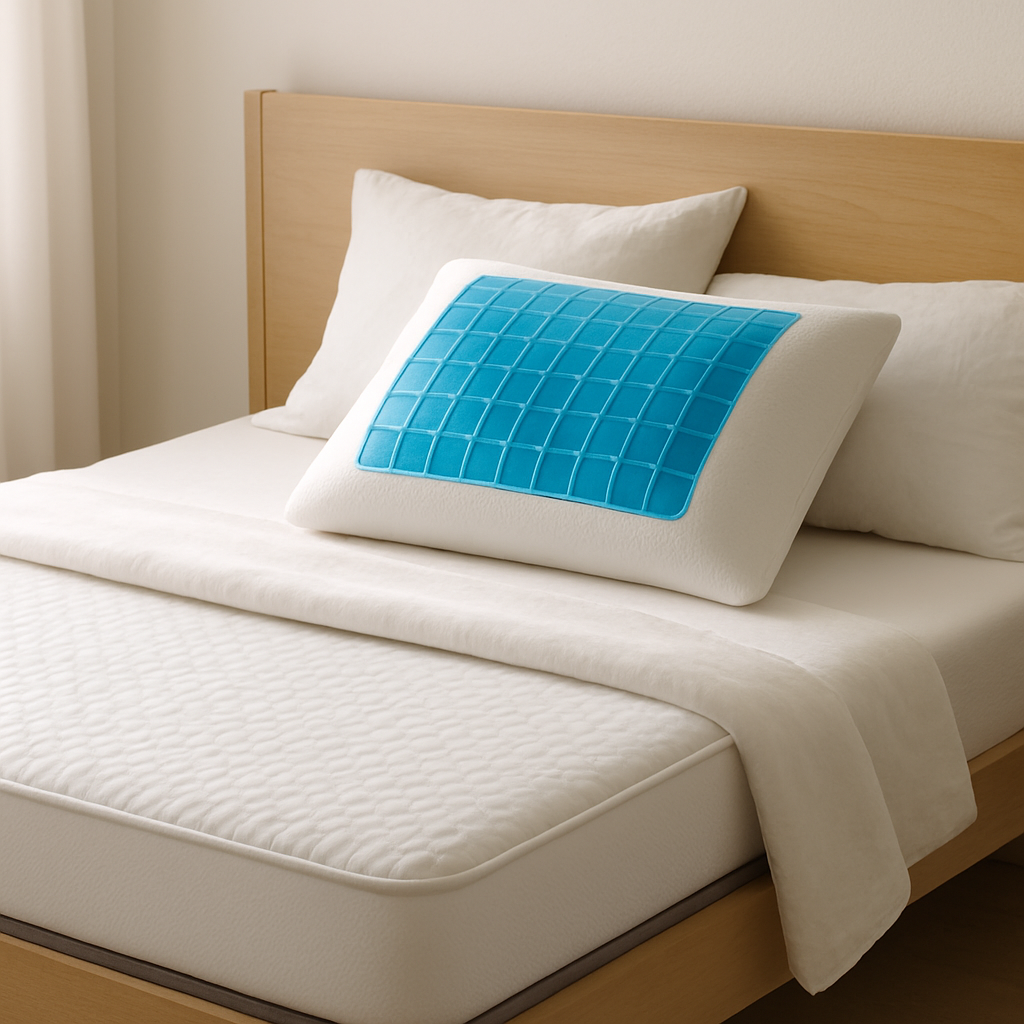
If a new mattress isn’t in the cards, start with a cooling mattress pad. Many are infused with gel or phase-change materials that help regulate your temperature all night long.
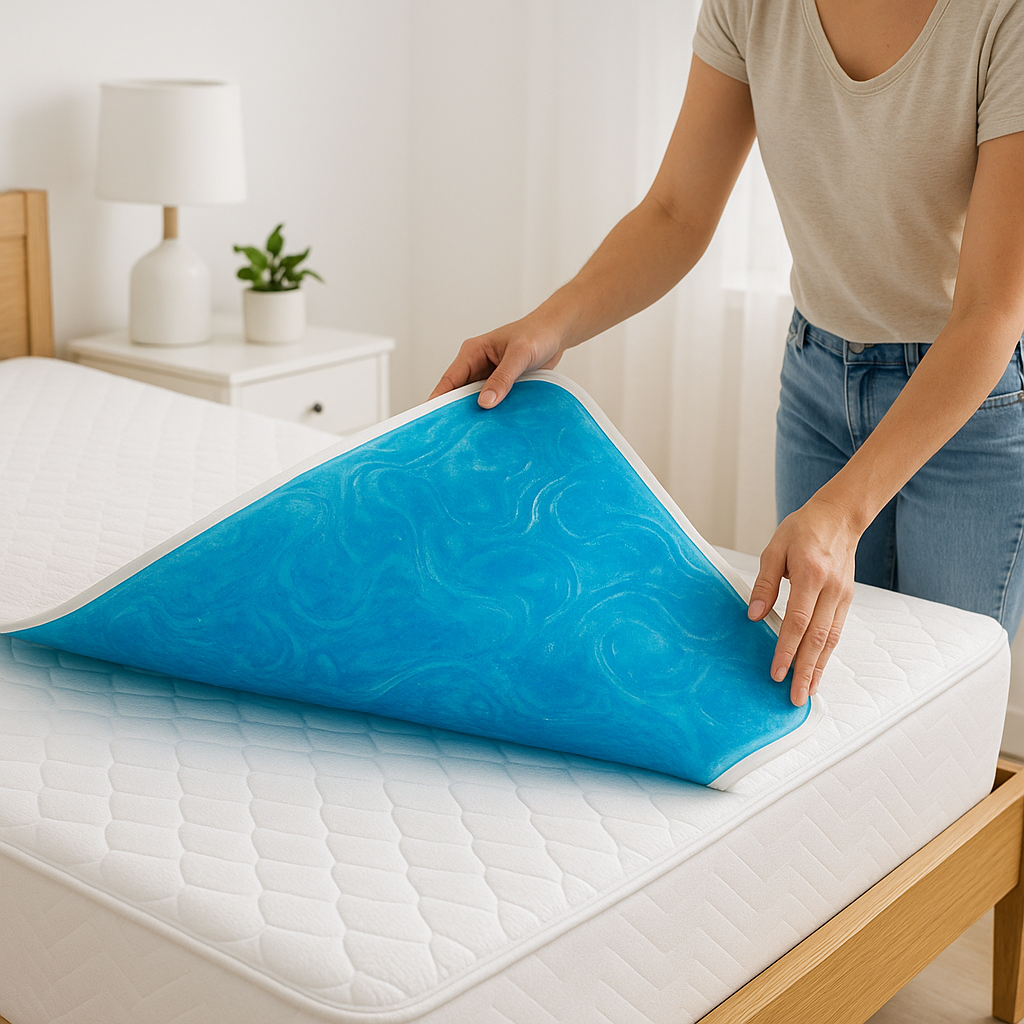
I spent about $120 on a good one—and that first morning I woke up dry instead of drenched? Worth every penny.
You don’t need fancy tech or a new AC unit to cool your room. These tricks genuinely saved my sleep:
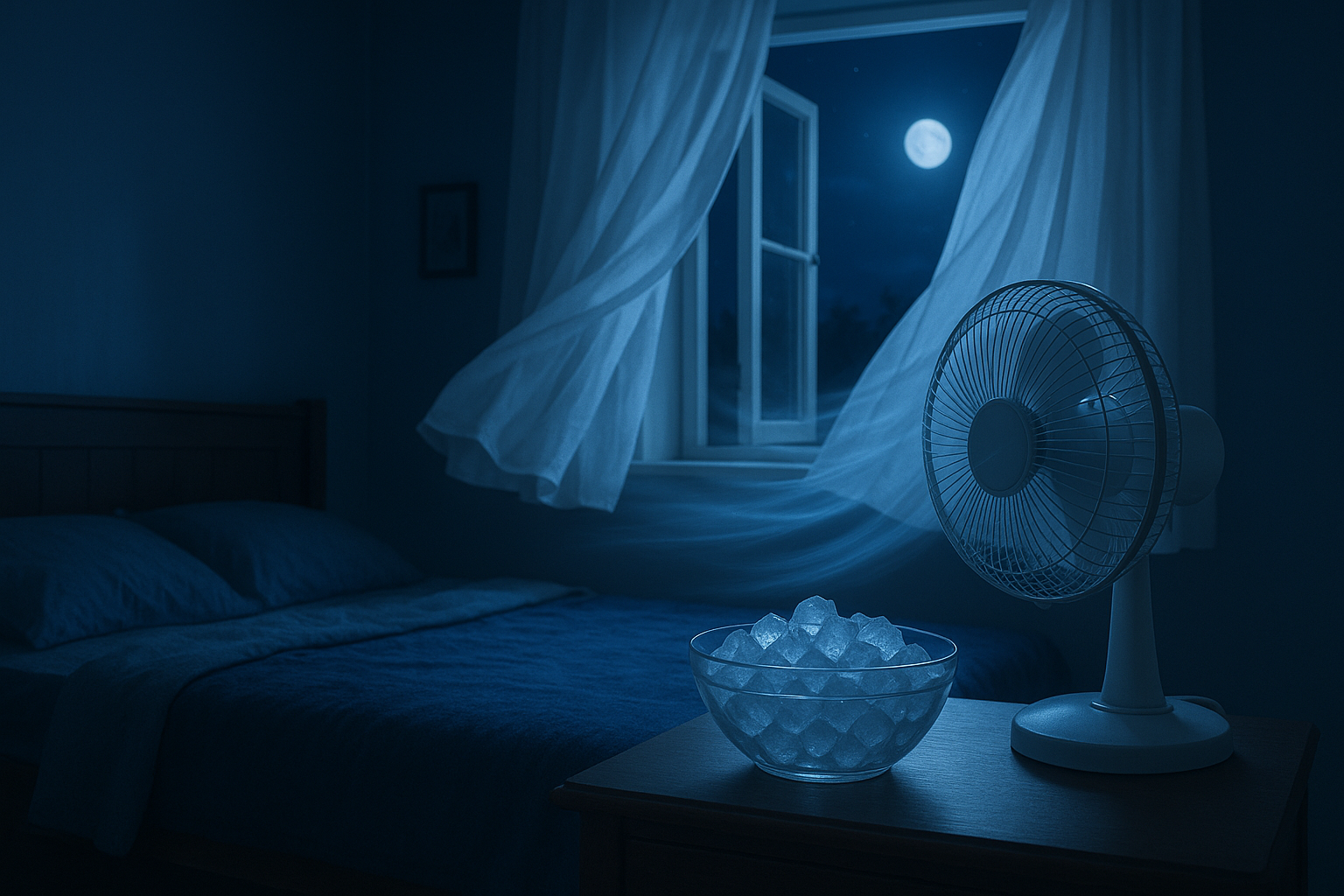
Most of the time, night sweats are environmental or behavioral. But if you're waking up drenched night after night—despite sleeping in a cool room with breathable bedding—it could be something more.
Persistent night sweats can be linked to:
If your sweats come with symptoms like weight loss, fever, or fatigue, don’t wait—talk to a doctor. Getting a diagnosis could be the first step to finally sleeping peacefully again.
Your core body temperature drops as you fall asleep. It’s part of how your brain signals the shift into deeper rest. When something disrupts that drop—whether it's your sheets or your hormones—your sleep takes a hit.
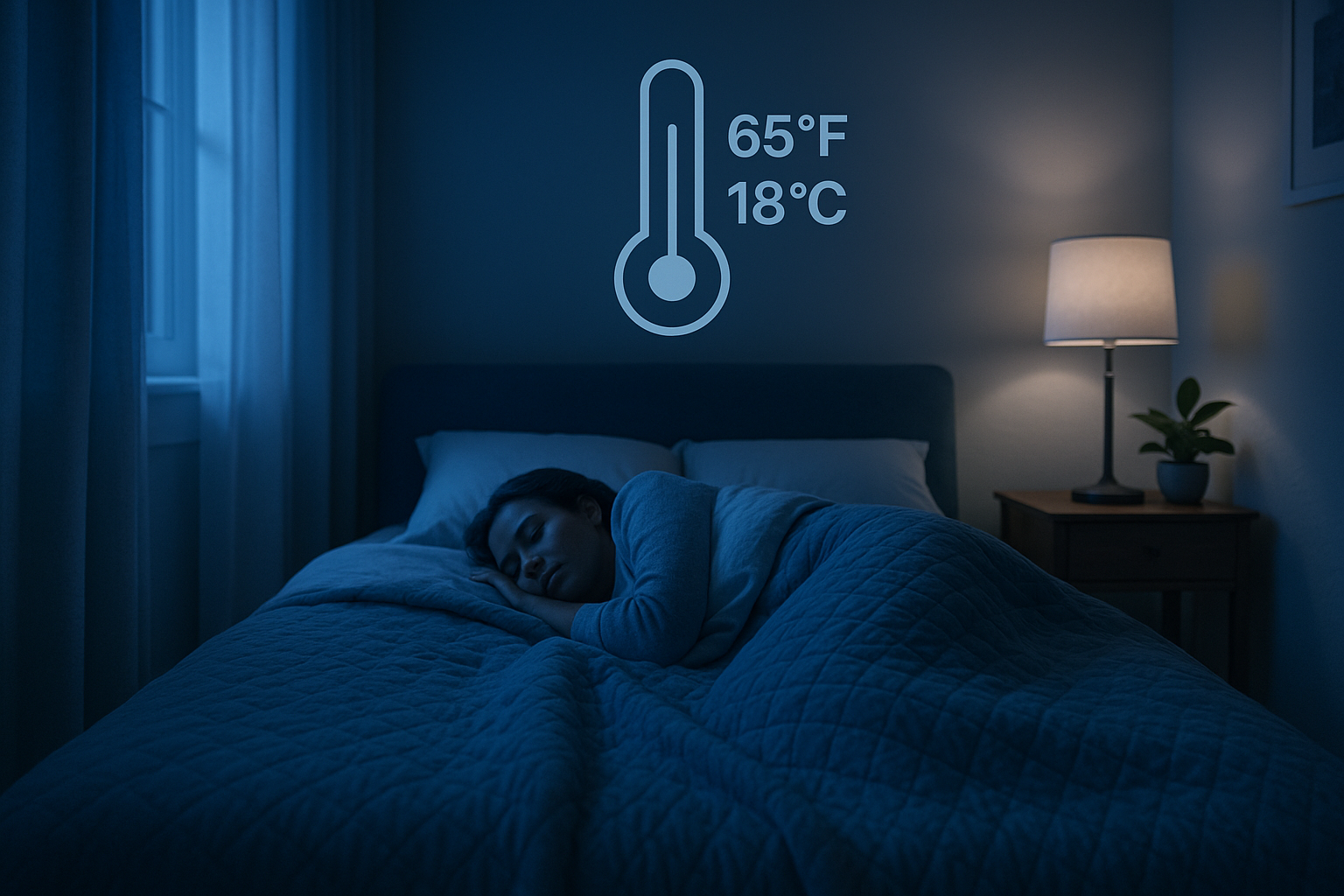
If your environment fights that natural cool-down, your sleep quality suffers. You toss, you turn, you sweat. Over time, the lack of deep sleep affects everything—energy, mood, even immune health.
The good news? Once you know the causes, you can fix them. Cooling your bedroom, adjusting what you wear and eat, and talking to a doctor if needed can finally give you the relief you’ve been missing.
You deserve better sleep. Dry sheets. Cool pillows. Restful nights.
Start tonight—and wake up tomorrow feeling like a whole new person.